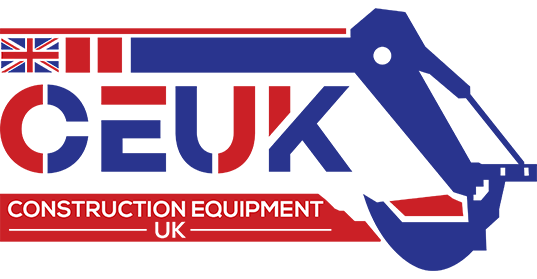4 Things You Should Do Before Buying Used Machinery
Purchasing used machinery can bring forth a lot of perks. Buyers wouldn’t have to face the hefty price tag that a brand-new machine would entail, paying a lower price for equipment with the same functionality and features they’re looking for.

However, it can be quite a problem when a buyer realises that the heavy equipment they bought is defective or dysfunctional. Repair or replacement expenses may account for a higher bill right off the bat.
To avoid that sudden cost and to get your money’s worth for less, here are a couple of tips to help you determine whether or not you should buy the machinery you’re eyeing.
1. Check the Structural Integrity
The exterior acts as the first impression of whether a machine’s structural integrity is sound, so be sure to scrutinise different areas of the equipment you want to buy. Check for visible marks, scratches or holes that may lead to sudden oil leaks, starting from the very top component down to the littlest wheels.
Look at the different attachments as well. When broken, those parts would need a replacement, so see if you’re satisfied with the state of the machine you’re checking. If it passes inspection from the outside, the next step is to check the inner parts.
2. Assess the Interior System
The interior of a machine usually dictates how smoothly a machine will be running, so take a peek at every nook and cranny of the inner cabin and its system. If you aren’t too well-versed at inspecting the inside of a machine, bring a machine specialist along who you know can spot any faulty conditions of the devices.
Missing switches and gauges can also be an issue, along with whether the system’s cooling system is questionable or not. Some might just need a quick fix or adjustment that a buyer can do themselves, but think twice if it’s completely janky and in need of a replacement.
3. Verify Its Operating Hours
When discussing used equipment with a seller, ask about the logged operating hours for that specific piece of machinery that you want to buy. The number of hours a machine has been used can give you a heads up on how worn-out particular components may be, especially if the machine is more than a year old.
Also, question whether the machine is regularly maintained throughout the months. A seller should ideally provide proper maintenance to a machine for every 500 hours of operation to keep its lifespan up.
4. Inspect the Machine’s Engine
If the machine’s engine is no good, that should be a deal-breaker. Do a test run and turn on the machine to check whether the engine is running correctly and if everything seems to be working. Do a quick sweep of the device for any leaks again.
Aside from vision, use your ears as well. Weird noise can be a sign that the machinery isn’t in top condition. Are there any squeaks or rickety movement while the machine is in use? Does the engine sound strong, or are there hiccups and coughs in its rhythm?
Conclusion
To sum it up, a visual and auditory inspection of the outer and inner portion of the machine should help you determine the condition of the equipment. It’s better to be entirely sure about what exactly you’re going to get from a transaction, so speak with a trusted seller who wouldn’t swindle you.
Looking for used construction equipment for sale in the UK? Construction Equipment UK specialises in supplying low-houred rigid and articulated dump trucks from the world’s leading construction equipment manufacturers. Get in touch with us today!

